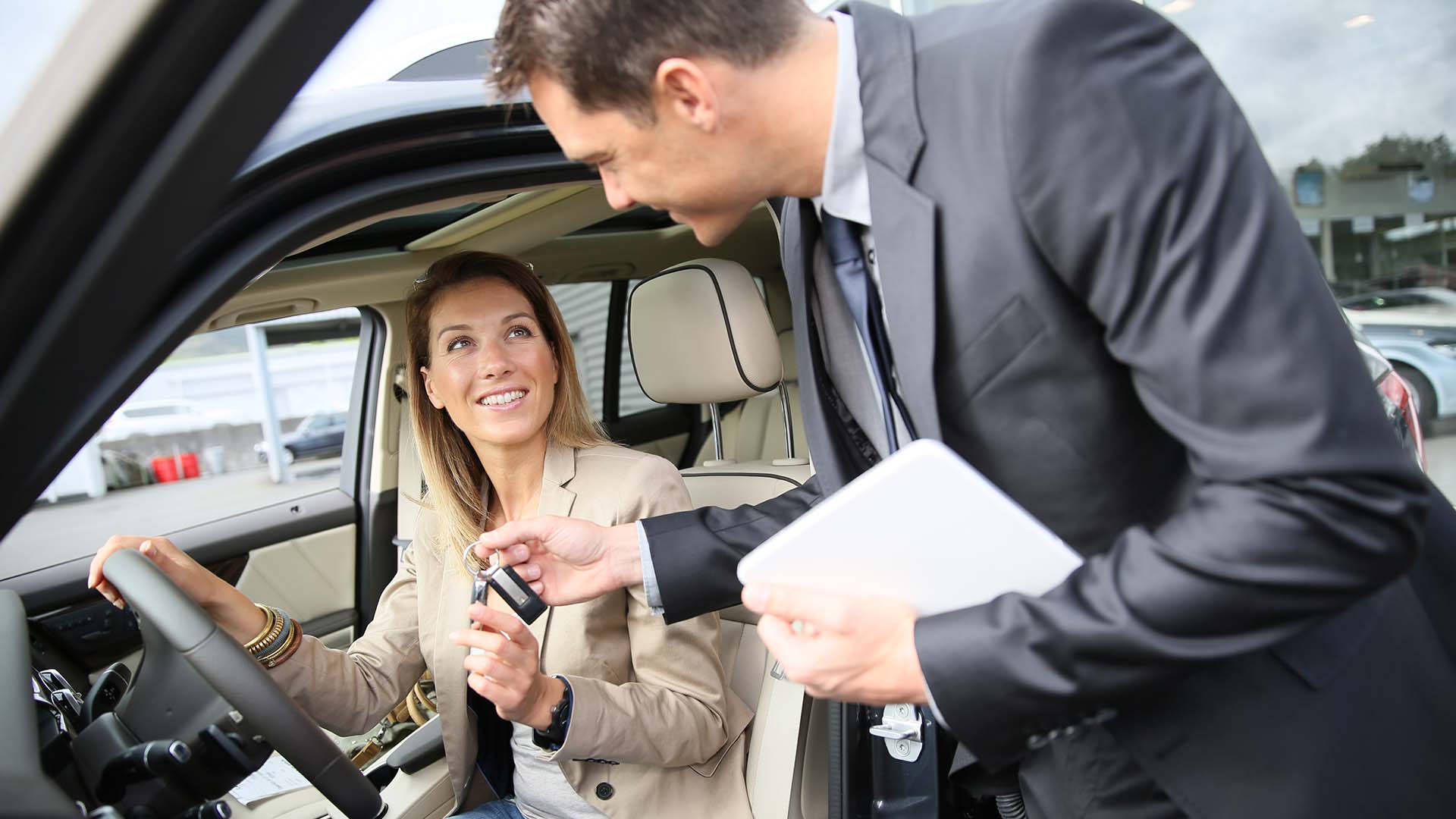Buying a car is exciting, but it can be confusing. However, buying a new or used car can be stress-free if you plan ahead and bring the right paperwork with you. Bring these things with you to guarantee that you have a smooth visit to the dealership:
1. Valid Driver’s License
Chances are that you’re probably going to have this with you anyway, but make sure that you bring a valid driver’s license on the day you buy your new car. You’ll need to show the dealer that it is legal for you to drive before they will sell you a car.
2. Proof of Auto Insurance
You’re going to need to show the car dealership that you have car insurance. If you are a first-time buyer, you will need to buy car insurance before you can take possession of your new vehicle.
If you already own a vehicle, it’s usually enough to bring your current proof of insurance card. That’s because insurance companies generally offer a grace period (typically 7-30 days) before you have to inform them of your purchase. Within this period, your insurance policy should extend to your new car.
You can save yourself some trouble by calling your insurance company ahead of time to get clear on what you will need to do to add a new vehicle to your insurance policy. The insurance agent will be able to tell you how your rates will be affected and provide details on the grace period.
3. Payment
Unfortunately, cars aren’t free. Save yourself some time and trouble by making sure that you have your form of payment ready.
Have your personal check/cashier’s check, cash, or credit card on hand. Pro tip: putting a down payment on a credit card can be a great way to save a little money in the form of credit card points or cash back. Just be sure to pay off the balance at the end of the month to avoid paying extra interest fees!
Consider calling ahead if you’re financing the car through the dealership because they might have their own requirements. For example, you will probably need to provide proof of employment and proof of income to get approved for the loan. Recent pay stubs and bank statements will often be enough, but ask the dealership what they would like from you.
You can also look into getting pre-approved for a car loan by a third-party lender like your bank or credit union. This can be a great way to let the car dealer know you’ve thought carefully about your purchase, and it can make things easier for you by ensuring that you know ahead of time how much you can spend.
4. Credit Report
This isn’t something you need to bring with you in hard copy, but you should review your credit rating before you go.
Make sure the report is up to date and that there are no mistakes on it. You’re legally entitled to a free credit report once every twelve months, which you can get by contacting groups like Equifax, Experian, or TransUnion directly through their websites.
Having a good credit score will not only make it easier to get approved for an auto loan but can also save you a lot of money by making you eligible for low interest rates.
If you have a bad credit history with a few blemishes on it, you should consider bringing a list of references with you. Choose people who don’t live with you and be ready to provide their contact information.
If you aren’t sure about your credit history, consider bringing two recent pay stubs and proof of residency (such as a lease or recent utility bill showing your current address) as well.
5. Discount Information/Rebate Eligibility Documents
You might be eligible for discounts and rebates through your credit card company, dealer or car manufacturer.
Before getting to the dealership, check to see if you are eligible for any of them. Many car manufacturers and dealerships will offer rebates to students or members of the military.
You want to be sure that you can take advantage of those discounts if you’re eligible by having the necessary documents ready to go.
6. Trade-in Documents (If Trading In)
Trading in your old car can help reduce the price of your new car, but it will also require additional things to bring.
Obviously, you’ll need to bring your old car to the dealer, and make sure all personal belongings are removed from it before handing it over. You’ll also need to provide all sets of keys.
As for the paperwork, you’ll need to bring the certificate of title, current vehicle registration and any motor vehicle service records.
7. Bonus: A Snack, a Friend, Water, and Notes
The things mentioned above are the non-negotiables, the things you’re definitely going to need, legally or otherwise, to purchase the car.
However, there’s more to buying a car than just that. You’re going to be at the dealer for a while and making a lot of decisions, so you want to be sure that you’re at your best.
Consider bringing a snack and some water so that you are comfortable and able to think clearly. Also, a knowledgeable friend might ask the sales representative questions that you hadn’t thought of.
Finally, bring some notes with you about the features and prices you want. Doing research ahead of time will help things to stay on track.
The car buying process is stressful, especially if you’re a first-time buyer. But being prepared when you get to the dealership will ensure that you pull off the lot with both your new car and your peace of mind. Happy driving!
